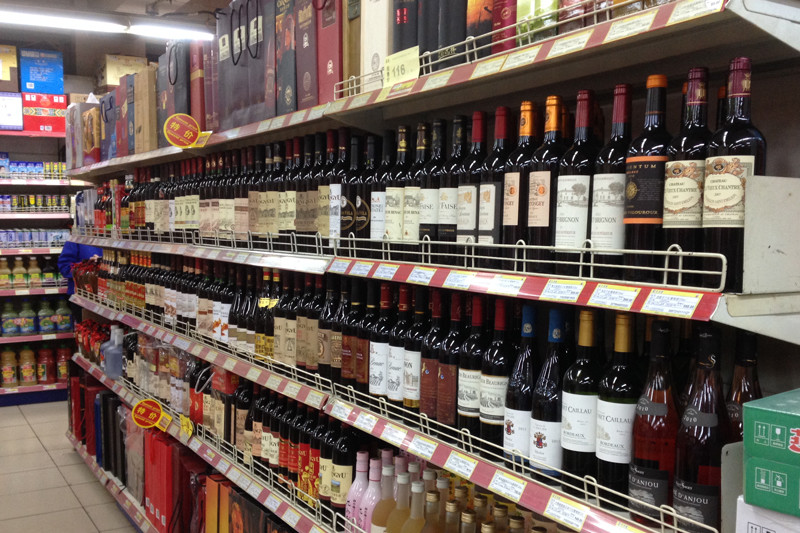Increasing shipment times could be putting significant financial strain on winemakers trying to import their wines into mainland China.

A number of factors have caused shipment times to increase over the past few years, say industry insiders, including higher freight and labour costs, slow economic development, and a separation and subsequent extension of transit and clearance times.
This has, for some, led to unforeseen pressures on stock, supply and cash-flow.
Amy Burch, managing director of Burch Family Wines, said this week that shipment times were an unexpected issue for the company when it first started business in China.
Burch told the Australian Broadcasting Corporation that ‘in other parts of the world when we send something, the maximum it might take is two weeks, with China it could take far more than that.’
Peter Zhang, logistics manager at East Meets West Fine Wines, said the total shipment time between sourcing the wine from country of origin to it being cleared in China has lengthened over the past couple of years.
‘With freight and labour costs increasing and the slowing economic development, most carriers extend their transit time of shipping, generally 5-7 more days compared with before’, Zhang told DecanterChina.com.
Helen Ponty of Le Ponty Wines in Bordeaux, who started selling her family wines in China over two years ago, has ‘not noticed much difference’ but finds the time of year and the state of the industry will affect the time it takes to get wines onto containers, specifically during the busy season.
‘For example, it is usually busier to ship a container around September or October as people are getting wines for the Chinese New Year,’ she said.
Ponty also said it took longer to send wines to China last June, when rumours surfaced the Chinese government would be raising taxes on European wines.
Mariano Larrain Hurtado, owner of Chilean fine wine shop La Cava de Laoma in Beijing said he needed at least three months to receive the wine after ordering from Chilean boutique vineyards, taking into account a month for the wines to be ready for shipment and normally 40 days from port to port as ‘Chile is far’.
The clearance process has also been cited as a further hindrance on the time it takes to import wines into China. Zhang said companies have to process more documents than in the past, such as the registration of the back label in Chinese, a requirement for all imported wines. As a result, the clearance time has been extended to around a week.
The situation for smaller businesses might depend on the customs clearance agency. Although Ponty considers her company ‘lucky to have a good agent’, and has ‘never had problems with the custom process’, she remembered hearing stories of wines being held at customs for months when she first arrived in China.
The difficulty of getting wines into China means that importers have to refill their stocks earlier and as such might miss large and urgent sales although as Zhang admits ‘for finance, increased stock will absorb a bit of the cash flow.’
Larrain Hurtado agrees. ‘[The long shipment time] means the wine business is a capital intensive business,’ he added.
All rights reserved by Future plc. No part of this publication may be reproduced, distributed or transmitted in any form or by any means without the prior written permission of Decanter.
Only Official Media Partners (see About us) of DecanterChina.com may republish part of the content from the site without prior permission under strict Terms & Conditions. Contact china@decanter.com to learn about how to become an Official Media Partner of DecanterChina.com.





Comments
Submit